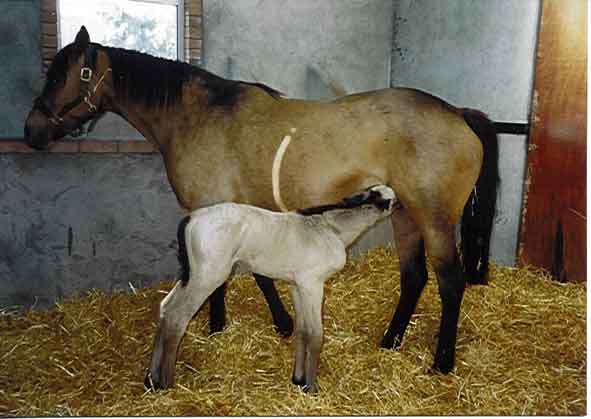How do you deal with a horse that suffers from extreme separation anxiety?
My question pertains to Patrick, my Saddlebred Gelding private rescue. He loves us and he appreciates his home, his buddies, and everything he has here. However, he bonds so remarkably with the other horses that he just about loses his mind when one or all of them are separated, moved, worked or out to pasture. If he cannot see them, he freaks out. He will poop, stomp, fly around the stall, rear, get his foot into the manger or water bucket, and become a wild boy. He repeatedly calls with distress. It is his one not-so-pleasant behavior that remains.
Obviously, I don’t want to punish or reprimand him too forcefully for this nonsense because he has become such an outstanding and well-behaved h [Read More…]




 The planning and selection of your horses’ worm control program is one of the most important annual management decisions you make for your horse.
The planning and selection of your horses’ worm control program is one of the most important annual management decisions you make for your horse.